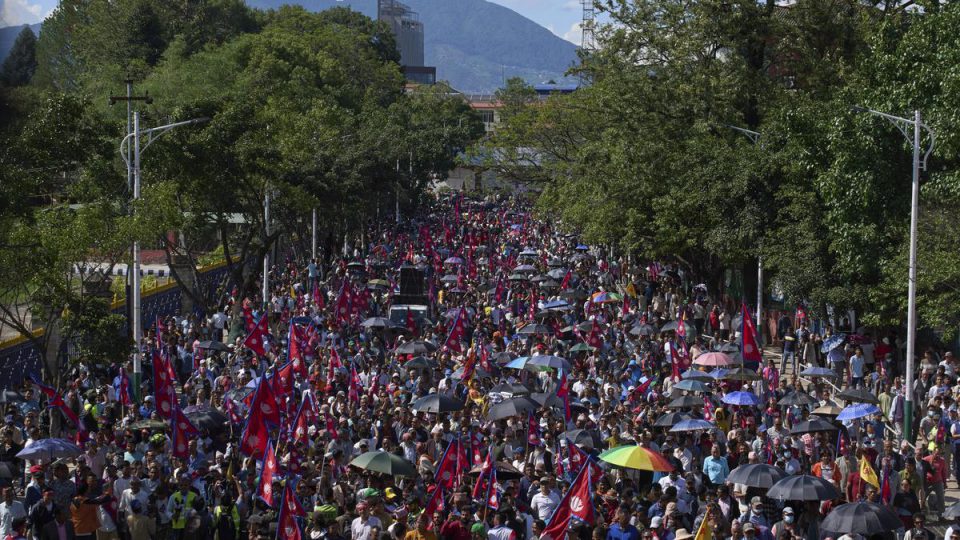Nepal’s Former Home Minister Kamal Thapa Arrested During Pro-Monarchy Protest in Kathmandu
In a dramatic turn of events in Kathmandu, Nepal, former Home Minister Kamal Thapa and several others were arrested on Sunday, June 1, 2025, after attempting to breach a restricted area during a large-scale pro-monarchy protest. The rally, which was part of a growing movement to reinstate the monarchy and declare Nepal a Hindu state, saw thousands of participants mobilize under the leadership of prominent royalist factions, including the Rastriya Prajatantra Party (RPP) and RPP Nepal. This was the fourth consecutive day of protest activity, held at Narayan Chaur in the heart of Kathmandu.
Eyewitnesses and officials confirmed that tensions flared as demonstrators, chanting slogans in support of the monarchy and against the current republican government, clashed with police forces while trying to advance toward Baluwatar, the official residence of Prime Minister K.P. Sharma Oli. Rajendra Lingden, the president of RPP and a vocal advocate for the monarchy’s restoration, was at the forefront of the agitation. Protesters held aloft images of former King Gyanendra Shah, signaling strong public nostalgia for the royal past and dissatisfaction with the current political structure.
Kathmandu Valley Police spokesperson Apil Bohora stated that Kamal Thapa and at least six other protestors were taken into custody for violating the restricted zone near the Narayanhiti Palace Museum, a highly sensitive area with historical and political significance. Approximately 1,200 royalist supporters participated in the rally, calling for the dismantling of the republican framework and a return to the constitutional monarchy. Demonstrators voiced sharp criticism of the Oli-led administration, accusing it of failing to uphold national unity and cultural identity.
The ongoing pro-monarchy protests have gained momentum in recent months, reflecting a resurgence of royalist sentiment among certain segments of the population. Protesters have vowed to continue their agitation until the monarchy is officially reinstated and Nepal is once again recognized as a Hindu nation—an identity many feel has been eroded since the country transitioned to a secular republic in 2008.
As the movement intensifies, questions loom over Nepal’s political future and the government’s strategy to manage growing civil unrest rooted in cultural and historical grievances. The arrest of a senior political figure like Kamal Thapa adds a new layer of complexity to the unfolding scenario, highlighting the deep divisions that continue to shape Nepal’s national discourse.
For video coverage and the latest updates, visit our YouTube channel THE OLIGO.

